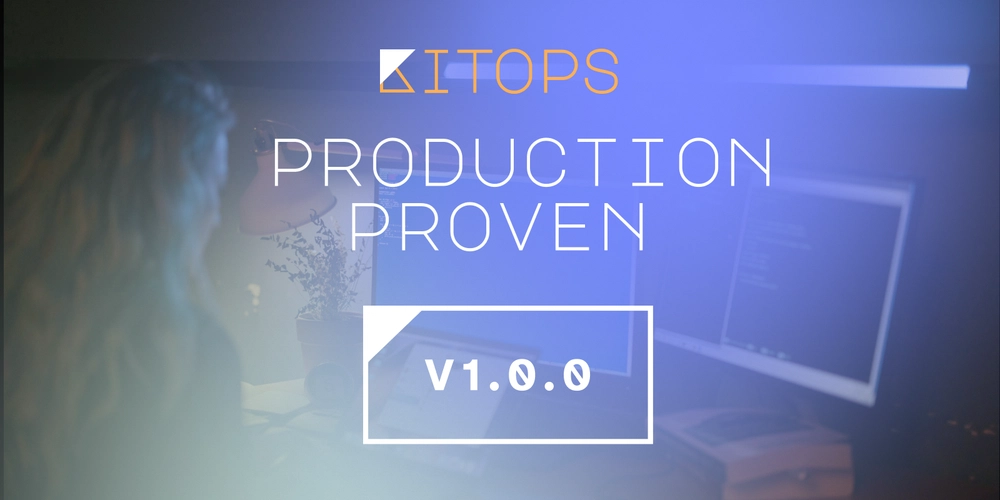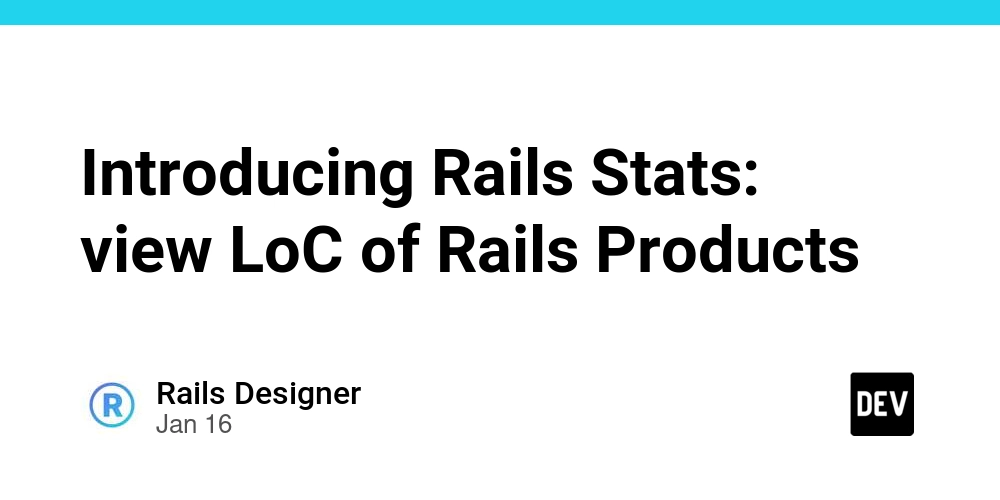A Comprehensive Guide to O1js: Zero-Knowledge Development on Mina
An Introduction Mina protocol is dubbed the lightest blockchain, and rightfully so. Imagine putting Pokémon in tiny Pokeballs of any size, but in this case, imagine putting an entire blockchain in only 22kb. Mina protocol can accomplish this thanks to zk-SNARK (Zero-Knowledge Succinct Non-Interactive Argument of Knowledge). Zk-SNARKs serve as unforgeable certificates that demonstrate that a computation was completed correctly without establishing the entire computation. This SNARK verifies the accuracy of a block's transaction history without displaying all of the transactions. This reduces the size of a block to a single SNARK (~1kB) Using O1js, developers can contribute to the already vibrant Mina protocol ecosystem. O1JS is a TypeScript library. It offers a developer-friendly approach to creating zkApps (zero-knowledge applications) using the Mina Protocol. O1js simplifies the process of creating and working with zk-SNARKs by abstracting away ** Key Aspects Of O1js: ** ## Core Features: A. Writing zkApps in TypeScript: i. Foundation: O1js is built upon TypeScript, a superset of JavaScript that adds static typing and other features like interfaces and classes. Type Safety: TypeScript enforces data types to help identify potential errors early in the development cycle. This increases code reliability and reduces debugging time.. Developer Familiarity: Many developers are already familiar with JavaScript or TypeScript, making the learning curve for O1js relatively smooth. Enhanced Maintainability: TypeScript features such as interfaces and classes help to improve code organization and maintainability, particularly for larger projects. ii. O1js Specifics: O1js leverages TypeScript to define zkApp logic, including: Smart Contracts: Defining the rules and logic of your zkApp using TypeScript classes. State Management: Declaring and managing the on-chain state of your zkApp with TypeScript types. Method Definitions: Defining the functions that can be called on your zkApp using TypeScript's method syntax. B. Creating Provable Computation: i. Core Concept: TypeScript features such as interfaces and classes help to improve code organization and maintainability, particularly for larger projects. ii. O1js Role: O1js provides tools and mechanisms to define these provable computations within your TypeScript code. This includes: Circuit Constraints: You define constraints within your TypeScript code that must hold for the computation to be valid. These constraints are then translated into the underlying zk-SNARK circuit. Built-in Functions: O1js includes a library of predefined provable functions (such as arithmetic operations, hashing, and comparisons) that can be used in your Skipp. Custom Circuit Definitions: For more complex computations, you can define custom circuits using O1js primitives. C. Building Zero-Knowledge Proofs: i. Foundation: zk-SNARKs are the primary technology that enables zero-knowledge proofs. They enable a prover to demonstrate the truthfulness of a statement without disclosing any underlying information. ii. O1js Role: O1js handles the complex process of generating these zero-knowledge proofs: Automatic Proof Generation:O1js automates much of the process of converting your zkApp's logic into the mathematical structures needed for zk-SNARK creation. Proof Verification: O1js also includes mechanisms for verifying the validity of the generated proofs on the Mina blockchain. D. Managing State Transitions: i. Concept: zkApps operate on a stateful model. The state of the zkApp represents its current condition and can be updated through interactions. ii. O1js Role: O1js provides tools for managing these state transitions: State Variables: You define state variables within your TypeScript code to represent the current state of your zkapp. Method Calls: State transitions are triggered by calling methods on your zkApp. O1js ensures that these state transitions are correctly handled and that the new state is consistent. State Updates: O1js manages the updates to the zkApp's state on the Mina blockchain, ensuring that all state changes are properly recorded and verified. Main Components: A. Smart Contract Classes: Foundation: These are the core building blocks of zkApps in O1js. They define the rules, logic, and state of the application. TypeScript Classes: Smart contracts are represented as TypeScript classes, inheriting from the SmartContract base class provided by O1js. State Management: They contain @state variables to represent the on-chain state of the contract. Methods: They define the functions that can be called on the contract, including methods for updating the state, performing computations, and interacting with other contracts. B. Circuit Logic: Provable Computations: This component defines the rules and constraints that must be satisfied for the zkApp to function correctly. Circuit Definition: Circuits are defined using O1js's c

An Introduction
Mina protocol is dubbed the lightest blockchain, and rightfully so. Imagine putting Pokémon in tiny Pokeballs of any size, but in this case, imagine putting an entire blockchain in only 22kb.
Mina protocol can accomplish this thanks to zk-SNARK (Zero-Knowledge Succinct Non-Interactive Argument of Knowledge). Zk-SNARKs serve as unforgeable certificates that demonstrate that a computation was completed correctly without establishing the entire computation. This SNARK verifies the accuracy of a block's transaction history without displaying all of the transactions. This reduces the size of a block to a single SNARK (~1kB)
Using O1js, developers can contribute to the already vibrant Mina protocol ecosystem. O1JS is a TypeScript library. It offers a developer-friendly approach to creating zkApps (zero-knowledge applications) using the Mina Protocol.
O1js simplifies the process of creating and working with zk-SNARKs by abstracting away
**
Key Aspects Of O1js:
**
## Core Features:
A. Writing zkApps in TypeScript:
i. Foundation: O1js is built upon TypeScript, a superset of JavaScript that adds static typing and other features like interfaces and classes.
Type Safety: TypeScript enforces data types to help identify potential errors early in the development cycle. This increases code reliability and reduces debugging time..
Developer Familiarity: Many developers are already familiar with JavaScript or TypeScript, making the learning curve for O1js relatively smooth.
Enhanced Maintainability: TypeScript features such as interfaces and classes help to improve code organization and maintainability, particularly for larger projects.
ii. O1js Specifics: O1js leverages TypeScript to define zkApp logic, including:
Smart Contracts: Defining the rules and logic of your zkApp using TypeScript classes.
State Management: Declaring and managing the on-chain state of your zkApp with TypeScript types.
Method Definitions: Defining the functions that can be called on your zkApp using TypeScript's method syntax.
B. Creating Provable Computation:
i. Core Concept: TypeScript features such as interfaces and classes help to improve code organization and maintainability, particularly for larger projects.
ii. O1js Role: O1js provides tools and mechanisms to define these provable computations within your TypeScript code. This includes:
Circuit Constraints: You define constraints within your TypeScript code that must hold for the computation to be valid. These constraints are then translated into the underlying zk-SNARK circuit.
Built-in Functions: O1js includes a library of predefined provable functions (such as arithmetic operations, hashing, and comparisons) that can be used in your Skipp.
Custom Circuit Definitions: For more complex computations, you can define custom circuits using O1js primitives.
C. Building Zero-Knowledge Proofs:
i. Foundation: zk-SNARKs are the primary technology that enables zero-knowledge proofs. They enable a prover to demonstrate the truthfulness of a statement without disclosing any underlying information.
ii. O1js Role: O1js handles the complex process of generating these zero-knowledge proofs:
Automatic Proof Generation:O1js automates much of the process of converting your zkApp's logic into the mathematical structures needed for zk-SNARK creation.
Proof Verification: O1js also includes mechanisms for verifying the validity of the generated proofs on the Mina blockchain.
D. Managing State Transitions:
i. Concept: zkApps operate on a stateful model. The state of the zkApp represents its current condition and can be updated through interactions.
ii. O1js Role: O1js provides tools for managing these state transitions:
State Variables: You define state variables within your TypeScript code to represent the current state of your zkapp.
Method Calls: State transitions are triggered by calling methods on your zkApp. O1js ensures that these state transitions are correctly handled and that the new state is consistent.
State Updates: O1js manages the updates to the zkApp's state on the Mina blockchain, ensuring that all state changes are properly recorded and verified.
Main Components:
A. Smart Contract Classes:
Foundation: These are the core building blocks of zkApps in O1js. They define the rules, logic, and state of the application.
TypeScript Classes: Smart contracts are represented as TypeScript classes, inheriting from the SmartContract base class provided by O1js.
State Management: They contain @state variables to represent the on-chain state of the contract.
Methods: They define the functions that can be called on the contract, including methods for updating the state, performing computations, and interacting with other contracts.
B. Circuit Logic:
Provable Computations: This component defines the rules and constraints that must be satisfied for the zkApp to function correctly.
Circuit Definition: Circuits are defined using O1js's circuit construction primitives. They specify the allowed operations and the relationships between inputs and outputs.
Constraints: Circuits enforce constraints on the data and computations within the zkApp. These constraints are crucial for ensuring the integrity and correctness of the zkApp's logic.
**State Management**:
Tracking State: O1js provides mechanisms for tracking and managing the on-chain state of the zkApp.
State Variables: State variables represent the current state of the contract. They are declared within the smart contract class using the @state decorator.
State Transitions: Methods within the smart contract can modify the state variables, triggering state transitions.
Consistency: O1js ensures that state transitions are consistent and that the state of the zkApp is always maintained correctly.
D. Account Management:
User Accounts: O1js provides mechanisms for managing user accounts and their interactions with the zkApp.
Authentication: It allows for secure authentication of users, ensuring that only authorized users can interact with certain parts of the zkApp.
Permissions: It enables the implementation of access control mechanisms to restrict certain actions to specific users or roles.
E. Proof Generation:
Zero-Knowledge Proofs: O1js handles the generation of zero-knowledge proofs that verify the correctness of the zkApp's computations without revealing sensitive data.
Automatic Proof Generation: O1js automates much of the process of translating the zkApp's logic into the mathematical structures required for generating zk-SNARK proofs.
Proof Verification: O1js includes mechanisms for verifying the validity of the generated proofs on the Mina blockchain.
Common Use Cases:
A. Private Transactions:
Scenario: Imagine a scenario where you want to send funds to someone without revealing the transaction amount.
zkApp Solution: An O1js-based zkApp can facilitate this. The transaction amount can be hidden within a zero-knowledge proof. The recipient can verify the receipt of funds without knowing the exact amount transferred.
Benefits:
Enhanced financial privacy for users.
Protects sensitive financial information from potential adversaries.
B. Verifiable Computation:
Scenario: You want to prove the correctness of a complex calculation to another party without revealing the input data.
zkApp Solution: A zkApp can perform the calculation and generate a zero-knowledge proof that demonstrates the correctness of the result without disclosing the input values.
Benefits:
Enables secure outsourcing of computations.
Allows for verifiable delegation of tasks.
Facilitates trustless interactions in various scenarios.
C. State Transitions with Privacy:
Scenario: You have a system where the state of the system needs to be updated while maintaining privacy.
zkApp Solution: zkApps can handle state transitions while ensuring that sensitive information remains hidden.
For example, a decentralized exchange could use zkApps to facilitate trades while keeping trade volumes or user balances confidential.
Conclusion: The key strength of O1js is its ability to make complex zero-knowledge concepts accessible through familiar programming patterns, while maintaining the security and privacy guarantees needed for sensitive applications.
What's Your Reaction?






























_LuckyStep48_Alamy.jpg?#)





















